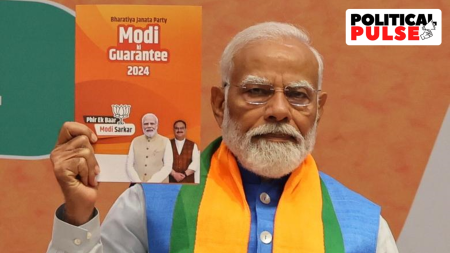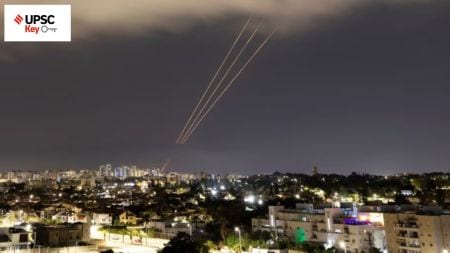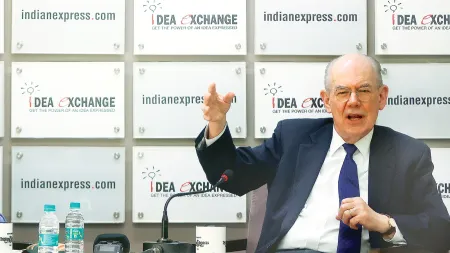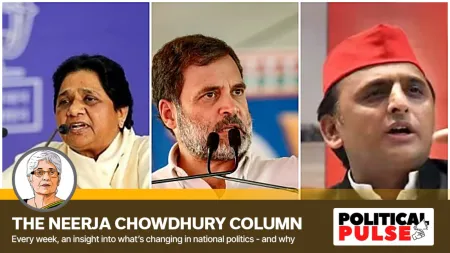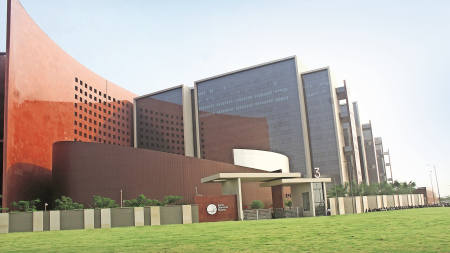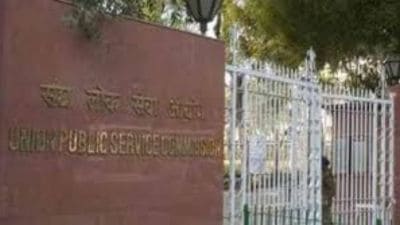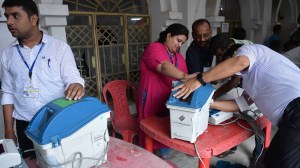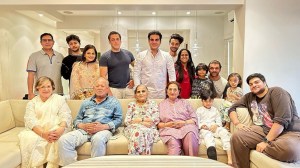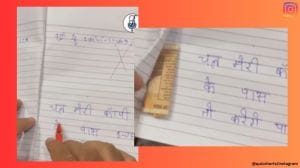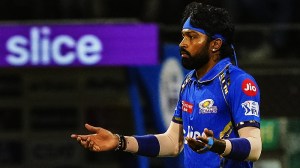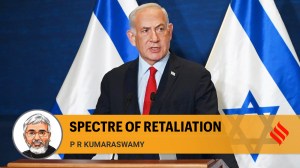- India
- International
‘Are we supposed to discuss Mirzapur?’: In Delhi Assembly, AAP MLAs tear into Centre for curbing power
Leaders claim Delhi Assembly's powers were diluted by the Centre as one of its committees was close to "exposing" the "involvement of BJP leaders" behind the Northeast Delhi riots.
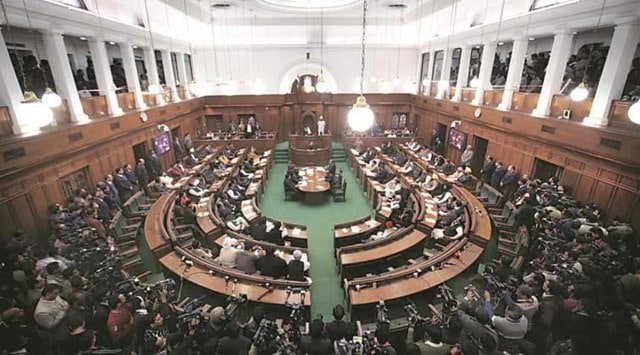 Making a brief intervention, AAP MLA Atishi questioned the objective that the GNCTD Act seeks to achieve by taking away the powers of the Assembly to hold forth on day to day administrative matters concerning the national capital. (File Photo/Representational)
Making a brief intervention, AAP MLA Atishi questioned the objective that the GNCTD Act seeks to achieve by taking away the powers of the Assembly to hold forth on day to day administrative matters concerning the national capital. (File Photo/Representational)The Delhi Assembly’s powers were diluted by the Centre as one of its committees was close to “exposing” the conspiracy and the “involvement of BJP leaders” behind the Northeast Delhi riots, AAP MLA Akhilesh Pati Tripathi said Friday, as the House discussed the Government of National Capital Territory of Delhi (Amendment) Act, 2021.
MLA Raghav Chadha, who is the chairman of the Peace and Harmony Committee of the House that Tripathi was referring to, also participated in the discussion and said the panel was “reaching important conclusions”. He lamented that the Centre attempted to reduce the assembly to a “debating society” through the legislation, while hailing the Supreme Court for refusing to quash the summons of the panel to Facebook for examining its role in connection with the riots.
Making a brief intervention, AAP MLA Atishi questioned the objective that the GNCTD Act seeks to achieve by taking away the powers of the Assembly to hold forth on day to day administrative matters concerning the national capital. “In that case are we supposed to discuss when the next season of Mirzapur is releasing?… The people of Delhi will not forgive the Centre for this,” she said.
Also read | Delhi Assembly passes resolution seeking repeal of farm laws
Initiating the discussion, Tripathi, who represents the Model Town constituency, focused on the role of the Peace and Harmony Committee. “The committee was going to expose the conspiracy behind the riots. The country would have come to know that the BJP instigated the riots. Their leaders, I don’t want to take their names, about whom everyone is aware. Who were they? Anurag Thakur, who made provocative speeches. Kapil Mishra, Parvesh Sahib Singh Verma, all of them would have been exposed. The Centre wanted to halt the investigation through the GNCTD legislation. This cover-up won’t last,” Tripathi said.

Chadha said the law has been amended as part of the Centre’s attempts to control the Delhi government “indirectly”. The AAP defeated the BJP in the 2015 and 2020 assembly polls in the national capital, bagging 67 and 62 seats in the 70-member assembly respectively.
“The Centre used its brute majority to get the law passed in Parliament. The amended GNCTD Act says that the Lt Governor will be the government in Delhi for all practical, legislative and executive purposes. It says the selected will run the city, not the elected. It is an attempt to reduce the assembly to a debating society. This amounts to disenfranchising the people of Delhi,” Chadha said.
He added that as the chairman of the committee, he decided to summon the India head of Facebook as per principles of natural justice after witnesses deposed about the alleged role of the social media platform in fanning violence during the riots in February, 2020. “I took up the responsibility with utmost dedication and we were reaching important conclusions,” Chadha said.
Chadha welcomed the apex court judgment which upheld the power of the panel to summon Facebook, refusing the plea made by its managing director (India) Ajit Mohan to quash the summons.
On the complaints of the BJP MLAs that they were not being allowed to speak in the House, AAP MLA Saurabh Bharadwaj said, “If you don’t let the Opposition speak in the Parliament, the way you treat them, that will find reflection in the Assembly also.”
BJP MLA Vijender Gupta argued that the amended GNCTD Act does not curtain the powers of the Assembly, and that it only “streamlines rules” and makes them consistent with the Rules of Procedure and Conduct of Business in the Lok Sabha.
“All the NCT Act does is bring in line the new rules that gave more powers to the assembly committees as compared to the ones formed under the Lok Sabha rules. As per the amendment, the Department Related Standing Committees (DRSC) are not to consider matters of day-to-day administration of the NCT of Delhi and to conduct any inquiry in relation to administrative decisions. In the Lok Sabha, the DRSCs have no power to inquire into the day to day administration. These committees are supposed to examine the budget (demand for grants). In Delhi, the DRSCs have not examined even a single such demand. Instead, it is just used to call the officers and discuss day to day administration issues,” Gupta said.
Apr 16: Latest News
- 01
- 02
- 03
- 04
- 05





